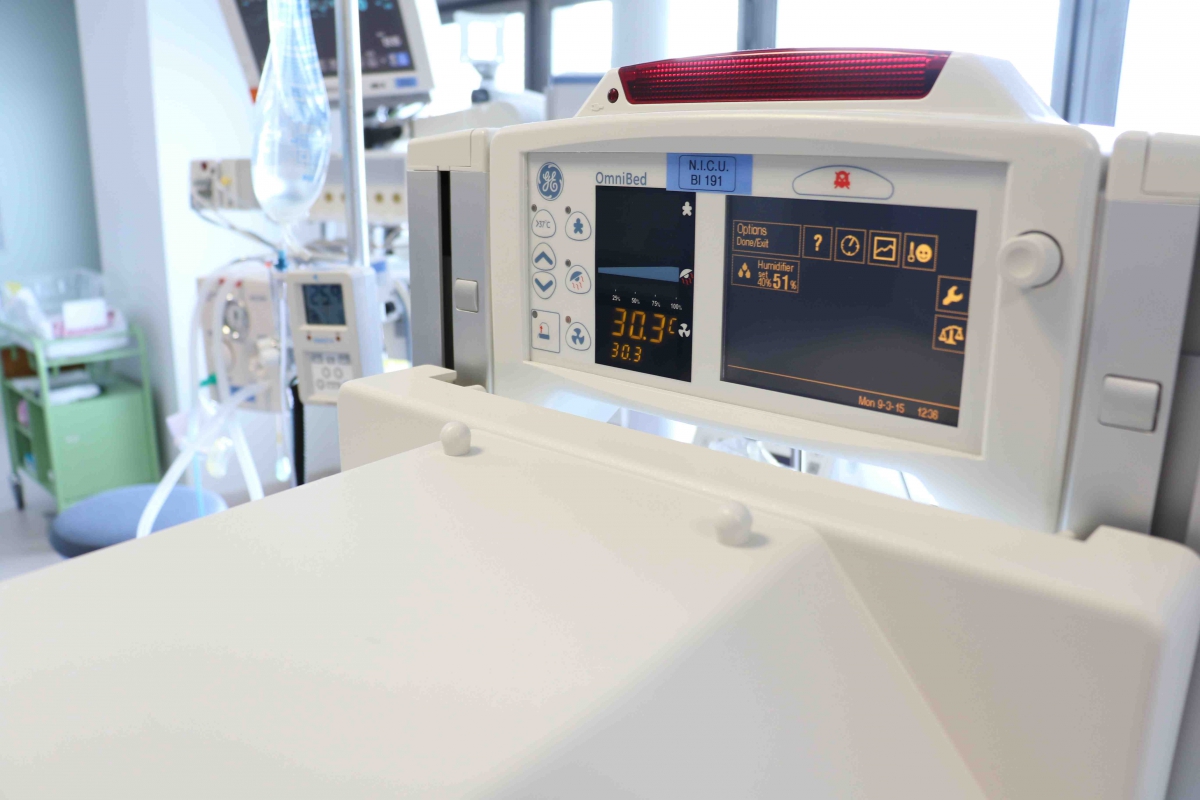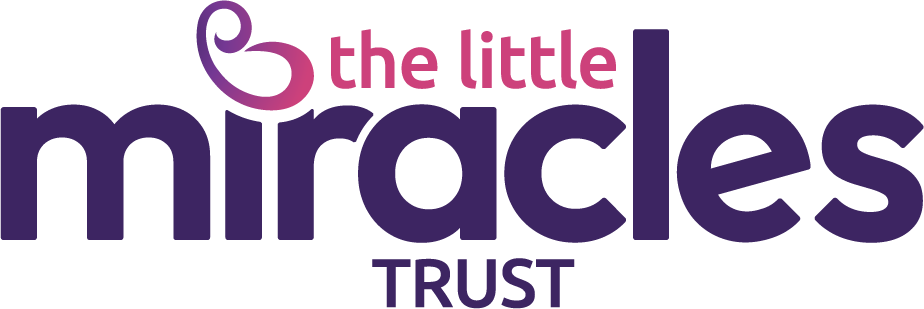What we’ve done, and where we go next: Neonatal Research in Wellington NICU
An insight provided by Dr Max Berry, Consultant Neonatologist with Capital & Coast District Health Board, Wellington.

One of my neonatal parents asked me to explain what it is that I actually ‘do’; what do these various projects and trials mean for their baby, for babies as yet unborn?
A straightforward enough question – but like all good questions, there’s the short answer or the long one. And it’s the long one that I thought might be of wider interest.
 Why do we need to have a culture of medical research in the NICU? Well, that we are now able to care for babies born at less than 500 grams at the extremes of prematurity and send them home to grow and develop and become independent people in their own right is a triumph. But that capability only exists because successive generations of NICU babies, their families and whanau and the teams caring from them kept asking questions and pushing the boundaries. We learn from each and every baby we care for; sometimes that learning is in the form of personal or shared experience, sometimes in the form of highly organised research trials designed to answer very specific questions.
Why do we need to have a culture of medical research in the NICU? Well, that we are now able to care for babies born at less than 500 grams at the extremes of prematurity and send them home to grow and develop and become independent people in their own right is a triumph. But that capability only exists because successive generations of NICU babies, their families and whanau and the teams caring from them kept asking questions and pushing the boundaries. We learn from each and every baby we care for; sometimes that learning is in the form of personal or shared experience, sometimes in the form of highly organised research trials designed to answer very specific questions. The focus of neonatal research for many years was to meet the immediate challenge of caring for a preterm baby. As a result we learnt (from pioneering work here in New Zealand!) that if we give steroid injections to mums at risk of preterm labour, their babies do much better. We developed the technology to monitor and support breathing in babies where each breath might only be the equivalent of half a teaspoon of air. We learnt about the benefits of kangaroo care and how to position our babies to support their development. The list could go on and on. We have learnt so much that now, for most of even the smallest and most vulnerable babies, we expect them to ‘graduate’ from NICU to home at around the time that they were due. But there is always the prospect of being able to improve the many different elements of care that are required to support a preterm baby.
Here in Wellington one of our PhD students is looking to see whether vocal soothing reduces stress hormones in babies that are having blood tests taken. We’re working with many other NICUs throughout Australia and New Zealand to see whether changing a preterm babies earliest nutrition can improve their lung function and later brain development. Some of our babies have taken part in a Swiss study looking at how lungs behave in preterm infants through to older children and adults. We’re about to start an exciting new project looking at different ways of measuring blood pressure in the first hours and days of a preterm baby’s life to try and develop new strategies to improve brain development. And these are just a selection of the projects underway here; there are many more happening here and in the NICUs throughout New Zealand as we try and truly understand how best to care for tiny babies.
 But what scientists and clinicians have started to become more aware of is that the journey of a baby born prematurely doesn’t stop when they leave the NICU, or even when they leave school. The importance of early life experiences and environment in shaping the trajectory for health and disease risk, right the way through into old age, is something referred to as the DOHaD (Developmental Origins of Health and Disease) phenomenon. Preterm birth represents a huge challenge to the baby. Our incubators, ventilators, medicines and other equipment do an incredible job of enabling us to care for these sick babies but don’t come close to providing a womb-like environment. The health complications faced by preterm babies are completely unlike anything they would experience had they not been born too early. And lastly, the growth and development that has to happen in the heart, lungs, brain and other organ systems of the body during the last weeks and months of gestation must now take place outside of the womb.
But what scientists and clinicians have started to become more aware of is that the journey of a baby born prematurely doesn’t stop when they leave the NICU, or even when they leave school. The importance of early life experiences and environment in shaping the trajectory for health and disease risk, right the way through into old age, is something referred to as the DOHaD (Developmental Origins of Health and Disease) phenomenon. Preterm birth represents a huge challenge to the baby. Our incubators, ventilators, medicines and other equipment do an incredible job of enabling us to care for these sick babies but don’t come close to providing a womb-like environment. The health complications faced by preterm babies are completely unlike anything they would experience had they not been born too early. And lastly, the growth and development that has to happen in the heart, lungs, brain and other organ systems of the body during the last weeks and months of gestation must now take place outside of the womb. This means that neonatal research must leave the NICU and instead look to our ‘graduates’ for help. Children and adults born preterm may have different on-going health needs to those born at full term. There is evidence that premature birth is associated in adult life with higher blood pressure, increased risk of diabetes and, for our girls, pregnancy complications. We need to understand how and why this happens so that we can identify those with the greatest risk before problems arise. Once we understand the how and why of these late-effects, we can develop new strategies to reduce or remove these adult-onset preterm-associated health risks. The solution to these problems may lie in the NICU, or there may be specific interventions in childhood or adult life that are needed to keep those born preterm well. Research therefore is all about trying to restore the potential health inequality between those born too early and those who made it to full term.
In Wellington we’re doing our bit with studies looking at how brain blood flow is controlled in school age children born preterm or at term. Our colleagues throughout New Zealand and elsewhere are busy working on different parts of the jigsaw puzzle. By talking to one another, sharing ideas and working together we will continue to push the boundaries and work towards a common goal; we may not yet be able to stop preterm birth, but we will strive to ensure that the health inequalities faced by a preterm newborn do not continue through life.
Dr Max Berry is a Consultant Neonatologist with The Capital & Coast District Health Board and a Senior Lecturer in Paediatrics & Child Health at The University of Otago, Wellington.
The Little Miracles Trust is proud to have provided funding to Dr Max Berry and her team’s research efforts since 2013. The work is already making a difference in the current care of neonatal babies and importantly it promises to provide further insights to help future babies. In order for the great work to be continued on, a commitment to provide support has been provided for 2015.
The funding of the research is entirely consistent with The Little Miracles Trust’s objective ‘to aid neonatal-related medical research’.
In addition, as the clinical changes are introduced and also as part of general business, new equipment may be required. The Little Miracles Trust’s funding of equipment for NICUs allows for the ongoing and enhanced care and monitoring of neonatal babies. Some of this equipment support is achieved with the help of Corporate and Grant Partners and it’s our privilege to work with them to facilitate and manage this fundraising and the subsequent puchases.

Did you like what you read above and want to keep up-to-date with all things neonatal?
If you’re not already on the list to receive our monthly email newsletter, you can quickly and easily add your details here.

